Double-banded Plover – Charadrius bicinctus
Double-banded Plovers are the only waders that migrate west to east from Australia to New Zealand. Other waders migrate travel south to north from Australia to Arctic regions and Siberia to breed.
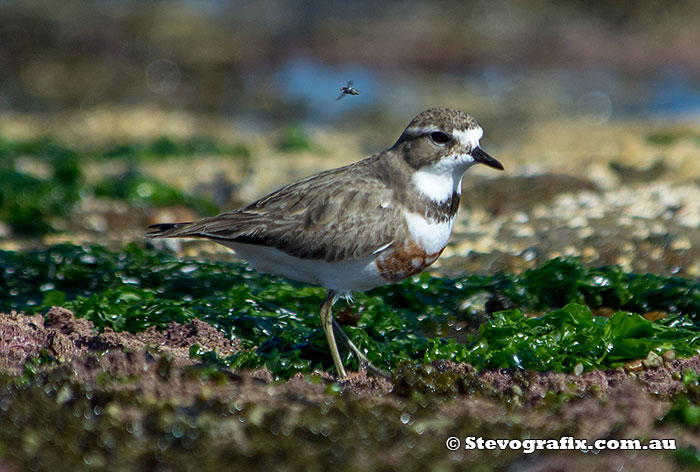
Double-banded Plover in breeding colours, Central Coast of NSW, late Aug.
Note the insect in flight.
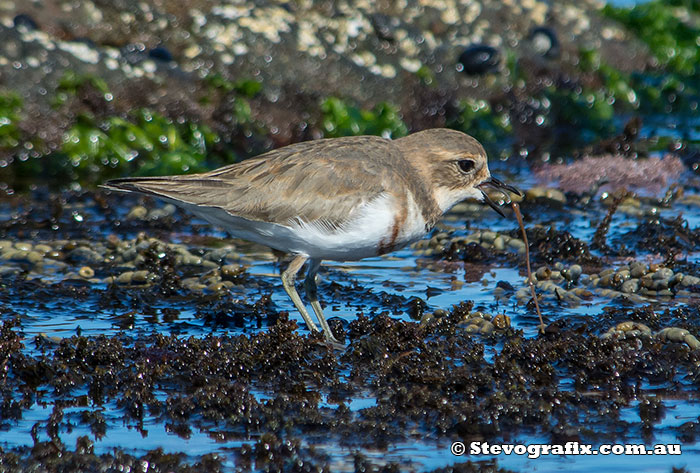
Double-banded Plover in non-breeding colours, Central Coast of NSW, taken in June.
The worm did not get away on the next attempt.
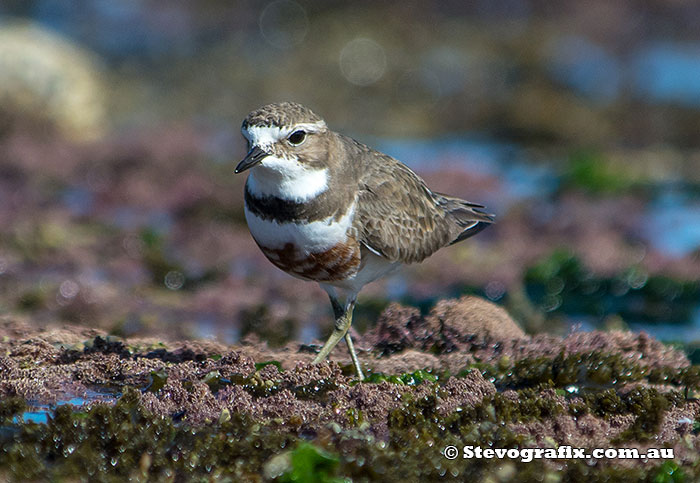
Double-banded Plover in breeding colours, Central Coast of NSW, late Aug
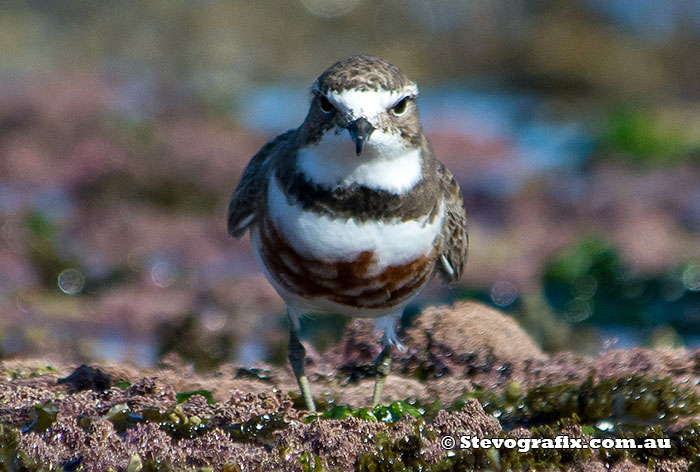
Double-banded Plover in breeding colours, Central Coast of NSW, late Aug.
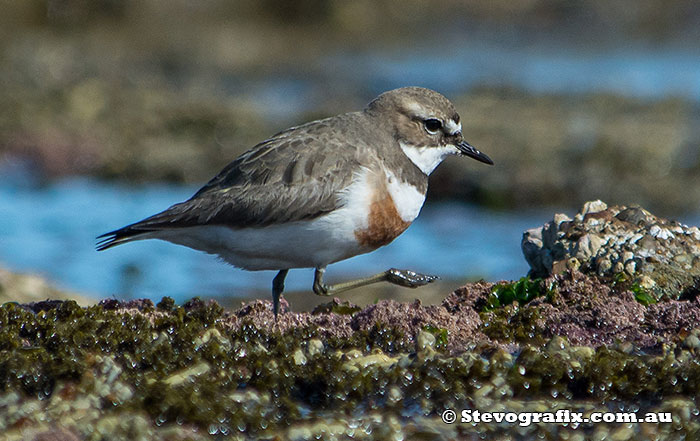
Double-banded Plover in breeding colours, Central Coast of NSW, late Aug.
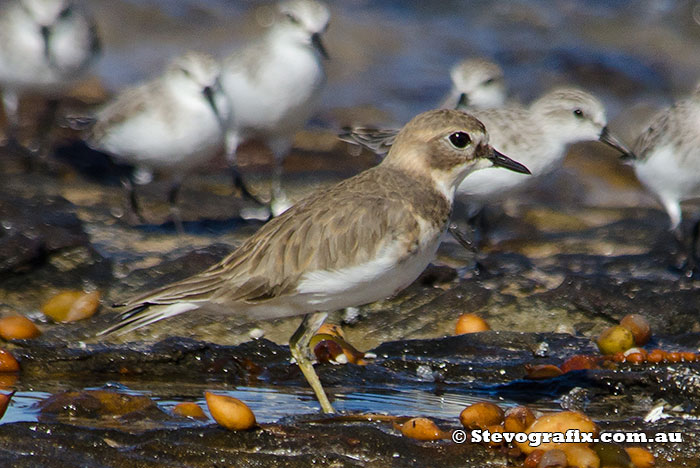
Double-banded Plover in non-breeding colours, Central Coast of NSW, taken in March.
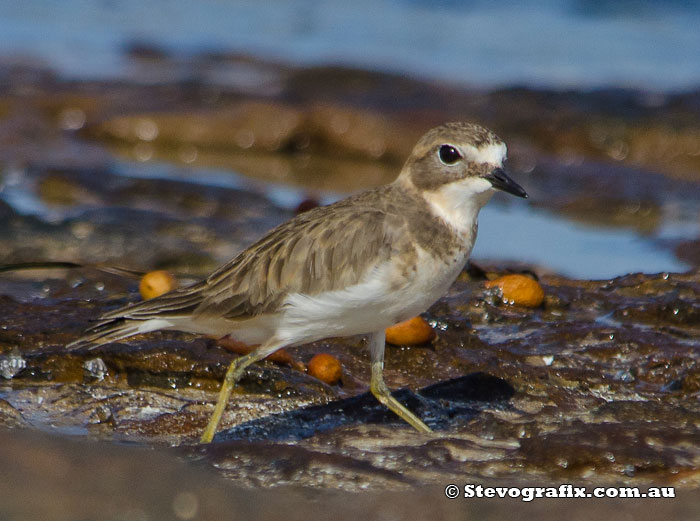
Double-banded Plover in non-breeding colours, Central Coast of NSW, taken in March.
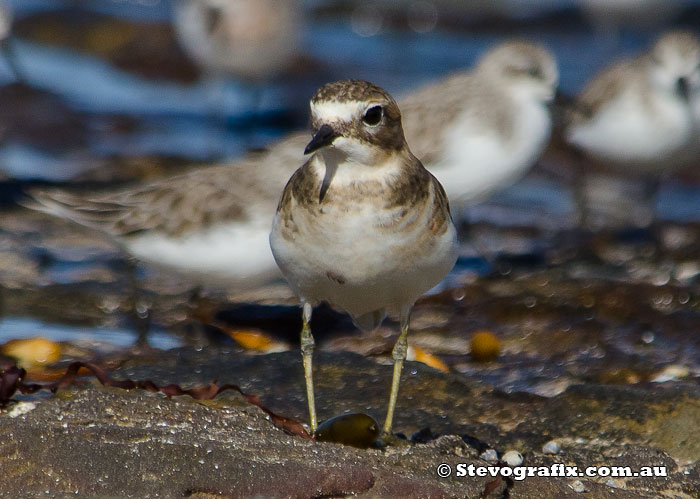
Double-banded Plover, Central Coast of NSW, taken in March
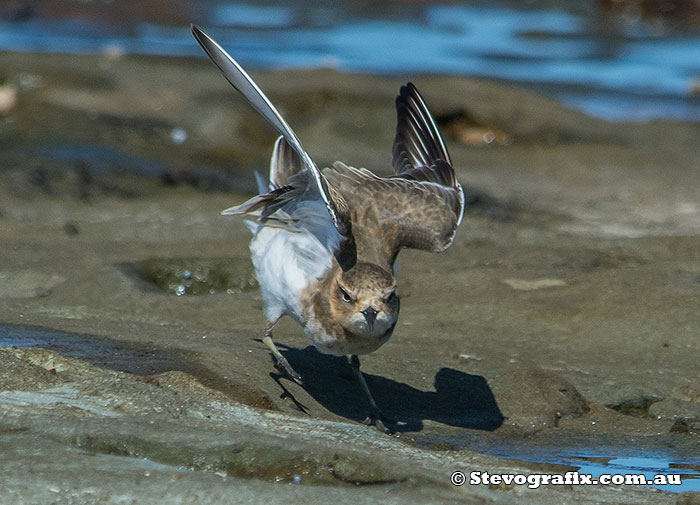
Double-banded Plover, Central Coast of NSW, taken in March
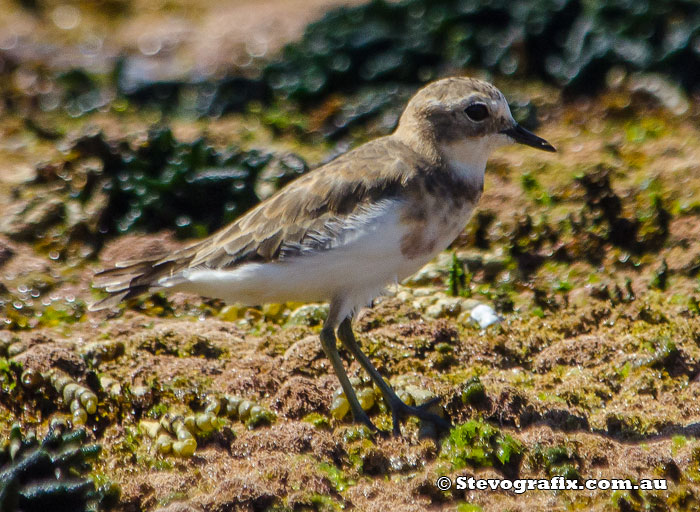
Double-banded Plover, Central Coast of NSW, taken in March
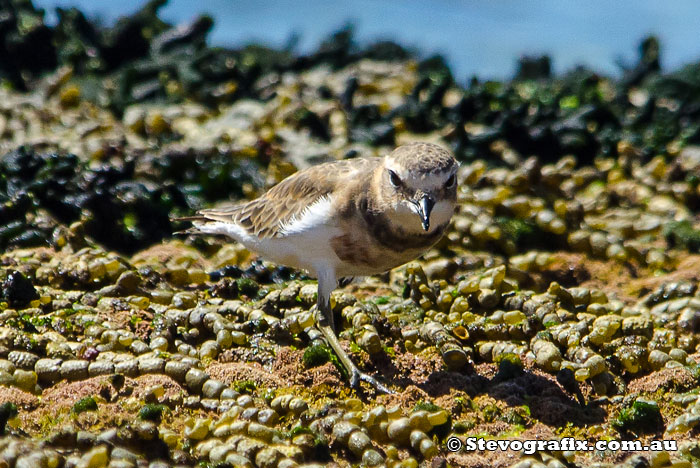
Double-banded Plover, Central Coast of NSW, taken in March.
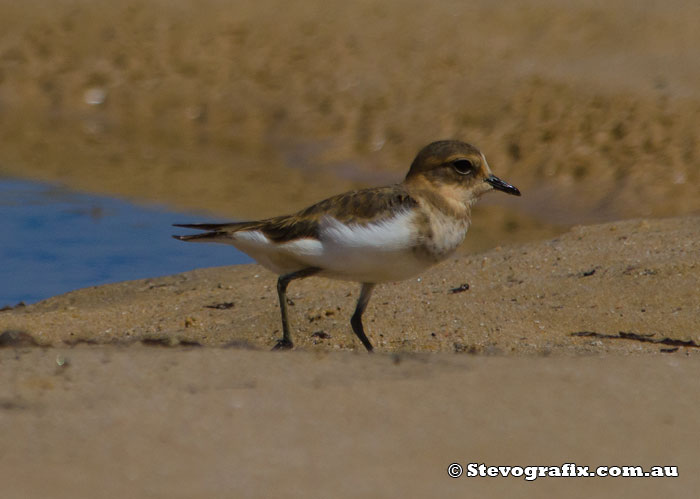
A Double-banded Plover still showing vestiges of breeding colours. The first sighting on the Central Coast of NSW for the season at Pelican Point, NSW 17th Feb 2014.
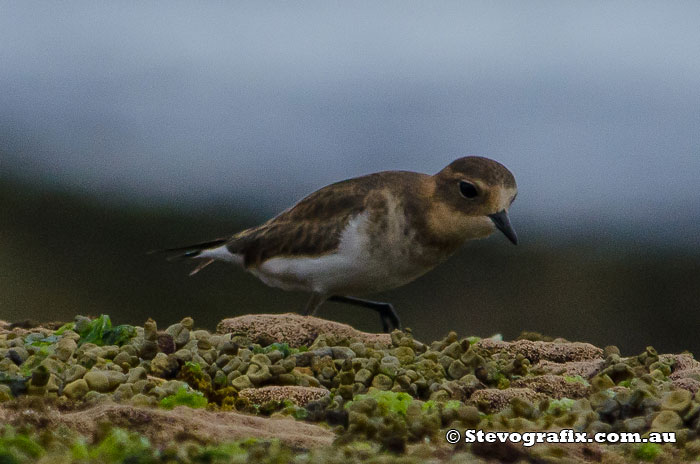
A Double-banded Plover still showing vestiges of breeding colours hunting.
Central Coast of NSW, taken in Feb.
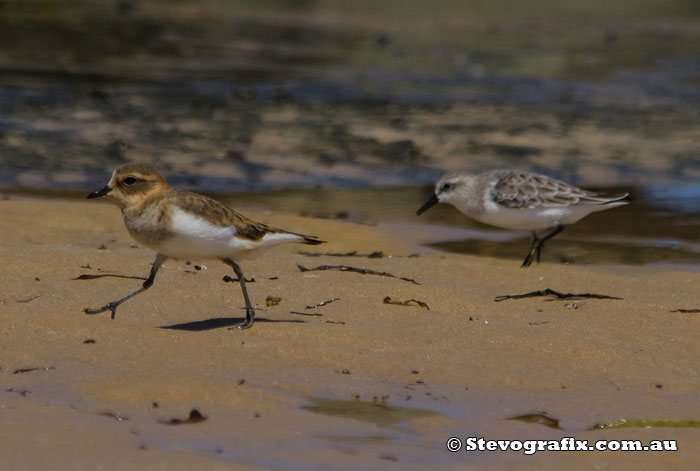
Double-barred Plover at 19cm is 4cm larger than a Red-necked Stint at 15cm.
Central Coast of NSW, taken in Feb.
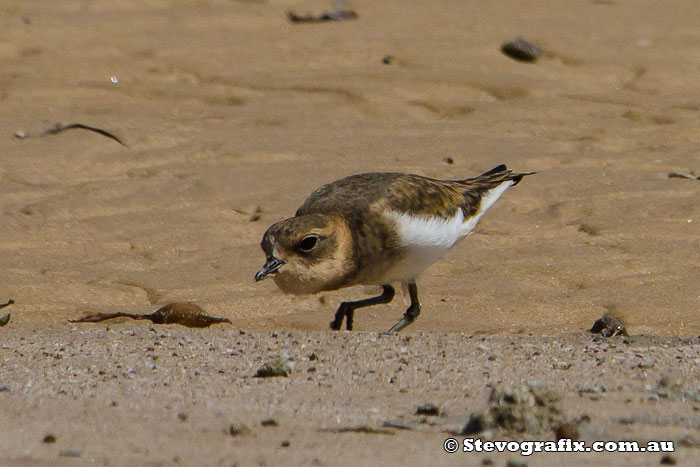
A Double-banded Plover still showing vestiges of breeding colours hunting.
Central Coast of NSW, taken in Feb.
